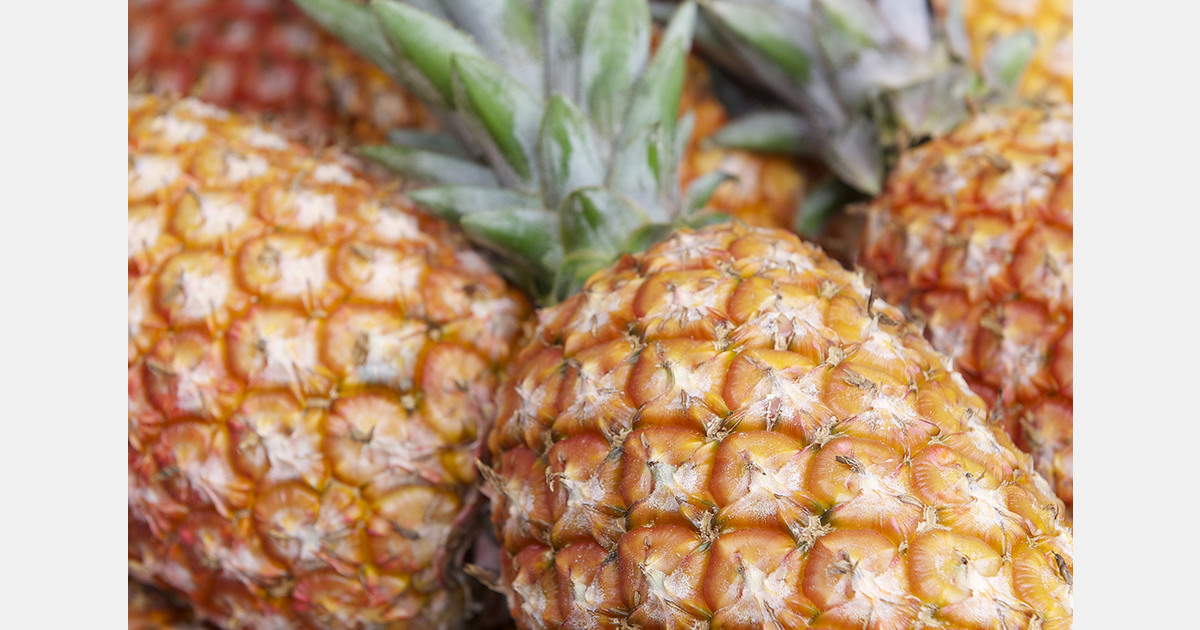After years of scarcity under the Assad regime, fruits like pineapples, kiwis, and mangoes have reemerged in Syria’s markets, where they are now as common as staple foods. Historically considered luxury items, these fruits were once accessible only to a select few, tied heavily to economic restrictions and limited availability. Marwan Abu Hayla, a fruit vendor at Damascus’s Shaalan market, recounts, “We used to smuggle them in,” reflecting the past necessity of illicit trade.
During Bashar al-Assad’s tenure, importing exotic fruits could lead to severe repercussions, including fines or imprisonment. Abu Hayla reminisces, “We do not hide pineapples anymore — we can put them on display,” describing a shift in both legal frameworks and societal norms. The cost of pineapples has notably decreased from 300,000 Syrian pounds (approximately $23) to around 40,000 pounds ($4), illustrating broader economic changes since Assad’s departure.
Sellers and consumers attribute the renewed accessibility of fruits to the free trade of the US dollar, previously restricted. Developments include the appearance of new vehicles and improved fuel resources. The regimens of Hafez and Bashar al-Assad established stringent economic controls, insulating Syria from international market dynamics until Bashar’s downfall.
Fruit vendor Ahmed al-Hareth remembers a time when tropical fruits, including bananas, equated to a monthly public employee salary, impacted by heavy legal penalties against black-market activities. Medical student Nour Abed al-Jabbar notes, “Some Syrians who have never had a pineapple before just don’t know how to cut it,” highlighting cultural and economic barriers.
Despite the availability of previously scarce commodities, financial constraints remain for many Syrians, as 90% of the population continues to live in poverty. Housewife Ilham Amin observes that grocers now offer a colorful array of products, yet financial realities limit purchases for families like hers. “Living conditions are tough, and pineapple is a luxury for a family like ours,” she explains, underlining the ongoing challenges faced by ordinary citizens in the evolving market environment.
Source: JIJI Press
